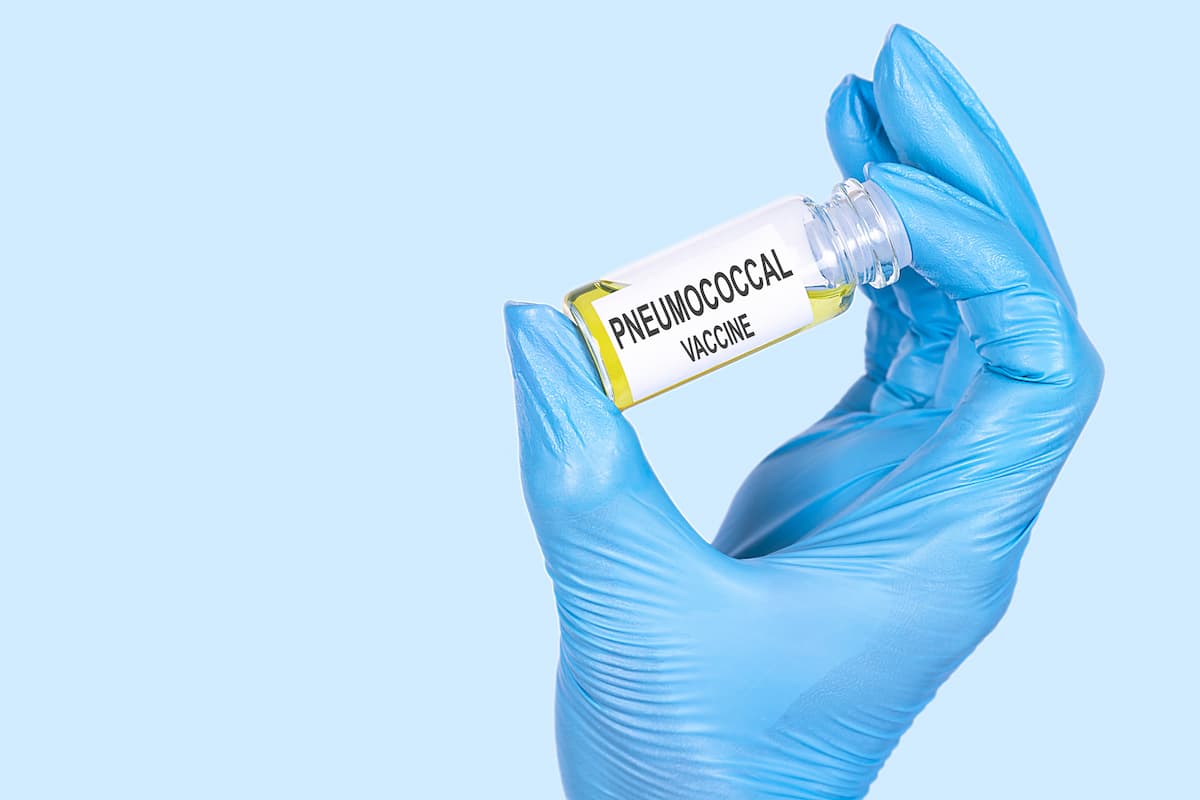Article
Study: Several FDA-Approved Drugs Help Combat COVID-19 Delta Variant
Author(s):
Investigators at Penn State find that these medications inhibit certain viral enzymes called proteases that are essential for SARS-CoV-2 replication in infected human cells.
Several FDA-approved drugs, including ones used to treat hepatitis C, HIV, and type 2 diabetes, could help combat the COVID-19 Delta variant, according to results from a study conducted by Penn State University.
Investigators found that the drugs inhibit viral enzymes called proteases that are essential for the replication of SARS-CoV-2 in infected human cells.
“The SARS-CoV-2 vaccines target the spike protein, but this protein is under strong selection pressure and, as we have seen with Omicron, can undergo significant mutations,” Joyce Jose, assistant professor of biochemistry and molecular biology at Penn State, said in a statement. “There remains an urgent need for SARS-CoV-2 therapeutic agents that target parts of the virus other than the spike protein that are not as likely to evolve.”
Previous research results showed that 2 SARS-CoV-2 enzymes, proteases that include Mpro and PLpro, are promising targets for antiviral drugs.
The enzymes are relatively stable and would be unlikely to develop drug-resistant mutations rapidly, Jose said.
The virus proteases are essential for SARS-CoV-2 replication in cells, because of the proteases’ ability to cleave proteins, investigators said.
Investigators designed an assay to rapidly identify inhibitors of the Mpro and PLpro proteases in live human cells.
They used the assay to test a library of 64 compounds for their ability to inhibit the proteases. From the compounds, they identified 11 that affected Mpro activity and 5 that affected PLpro activity based on a cut-off of a 50% reduction in protease activity with a 90% cell viability.
Additionally, they evaluated the antiviral activity of the 16 inhibitors against the SARS-CoV-2 viruses in human cells in a BSL-3 facility and discovered that 8 had dose-dependent antiviral activities against SARS-CoV-2. They found that Lycorine HCl, MG-101, and Nelfinavir mesylate inhibit Mpro and Daclatasvir and Sitagliptin inhibit PLpro.
Furthermore, investigators found that MG-101 also hindered the virus’s ability to infect cells by inhibiting protease processing of the spike protein. Treating cells with a combination of Mpro and PLpro inhibitors had an additive antiviral effect for even greater inhibition of SARS-CoV-2 replication.
“In cell culture, we showed that if you combine Mpro and PLpro inhibitors, you have a stronger effect on the virus without increasing toxicity,” Jose said. “This combination inhibition is highly potent.”
Additionally, the investigators will design new compounds based on the structures they determined by X-ray crystallography, which helped them investigate the mechanism by which MG-101 inhibits the Mpro protease.
They also plan to test the combination drugs that they already determined to be effective in vitro in mice.
Even though the investigators studied the Delta variant specifically, they said that the drugs will also likely be effective against Omicron and future variants, because the drugs target parts of the virus that are unlikely to significantly mutate.
The findings were published in Communications Biology.
Reference
Repurposing FDA-approved drugs may help combat COVID-19. EurekAlert. News release. February 25, 2022. Accessed March 2, 2022. https://www.eurekalert.org/news-releases/944591






